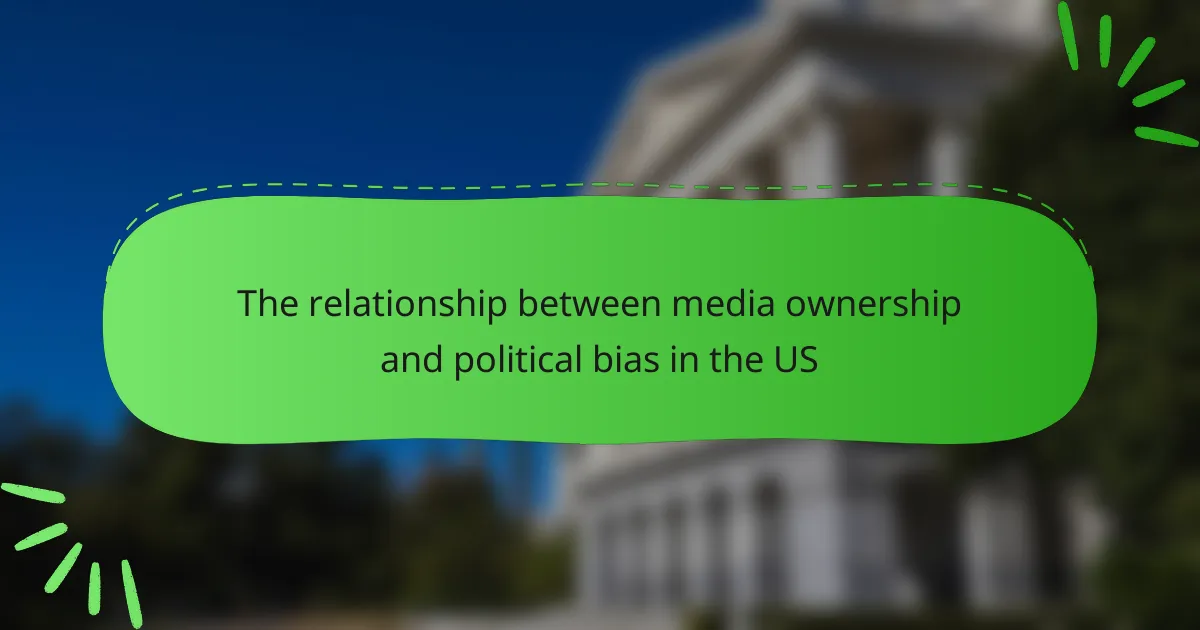Media ownership refers to the control and influence that specific individuals or corporations have over media outlets, which significantly impacts political bias in the United States. Concentrated media ownership often leads to a homogenization of viewpoints, where outlets promote particular political agendas aligned with their owners’ interests. Historical events, such as the Telecommunications Act of […]
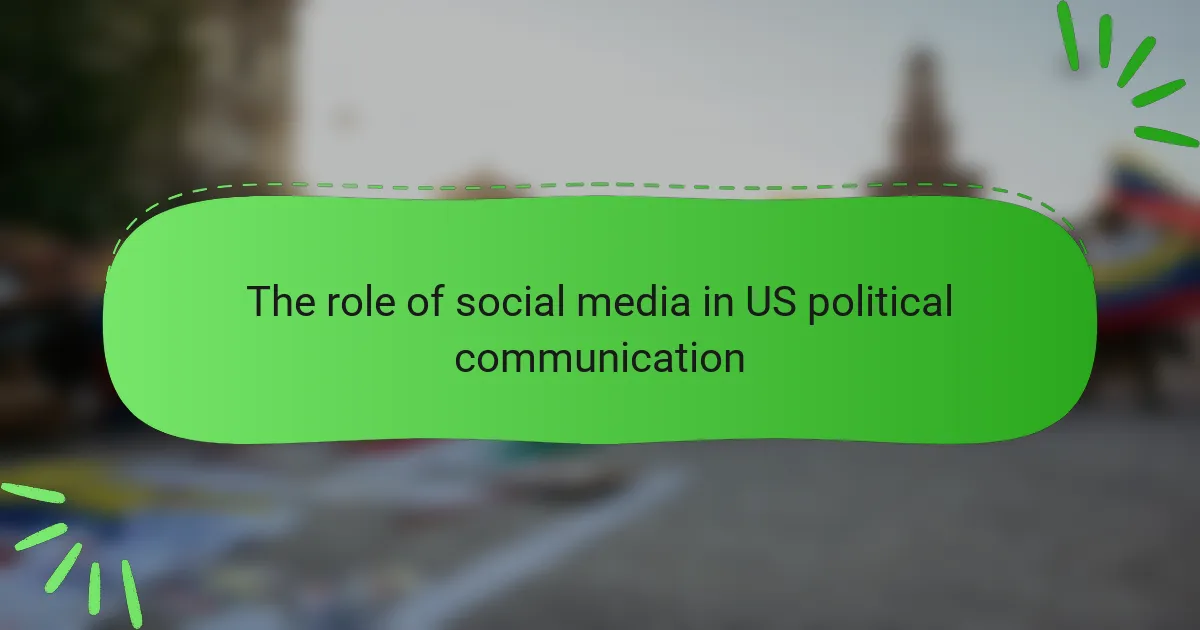
The role of social media in US political communication
Social media is a vital platform for political communication in the United States, enabling politicians to connect directly with constituents and disseminate messages rapidly. It facilitates real-time interaction and feedback, shaping public opinion and driving voter mobilization. However, ethical challenges arise, including the spread of misinformation, privacy concerns related to data usage, and the potential […]
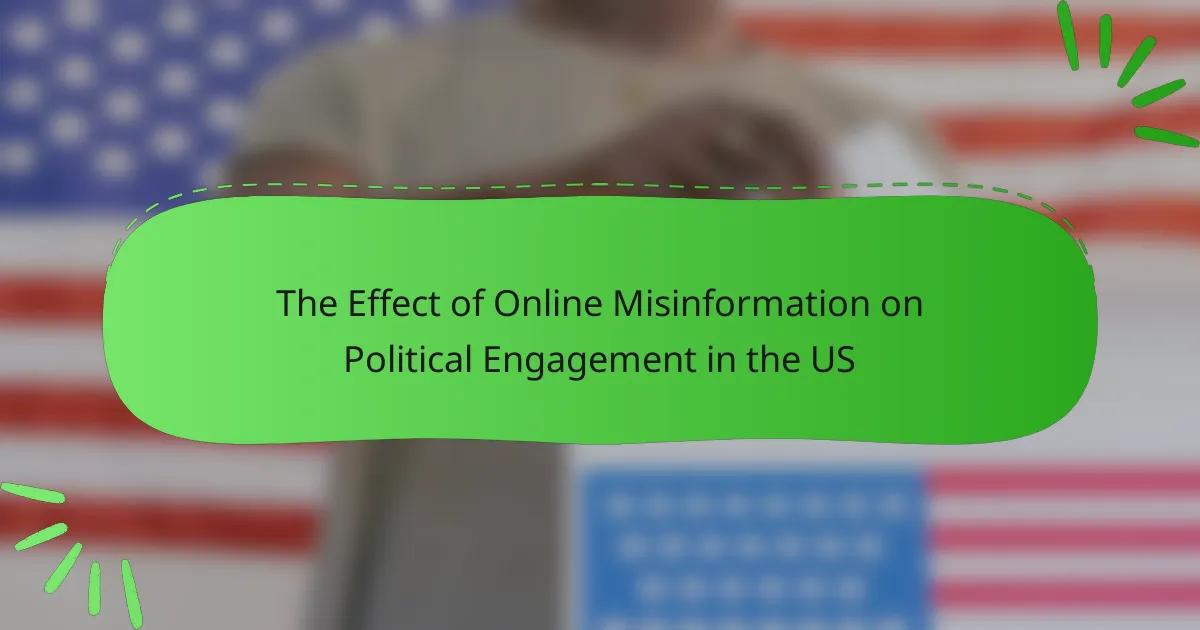
The Effect of Online Misinformation on Political Engagement in the US
Online misinformation significantly affects political engagement in the United States, leading to increased polarization and distorted perceptions of political issues. Research from the Pew Research Center indicates that a majority of Americans believe misinformation influences their political views, resulting in decreased trust in traditional media and lower voter turnout. The article explores the mechanisms by […]
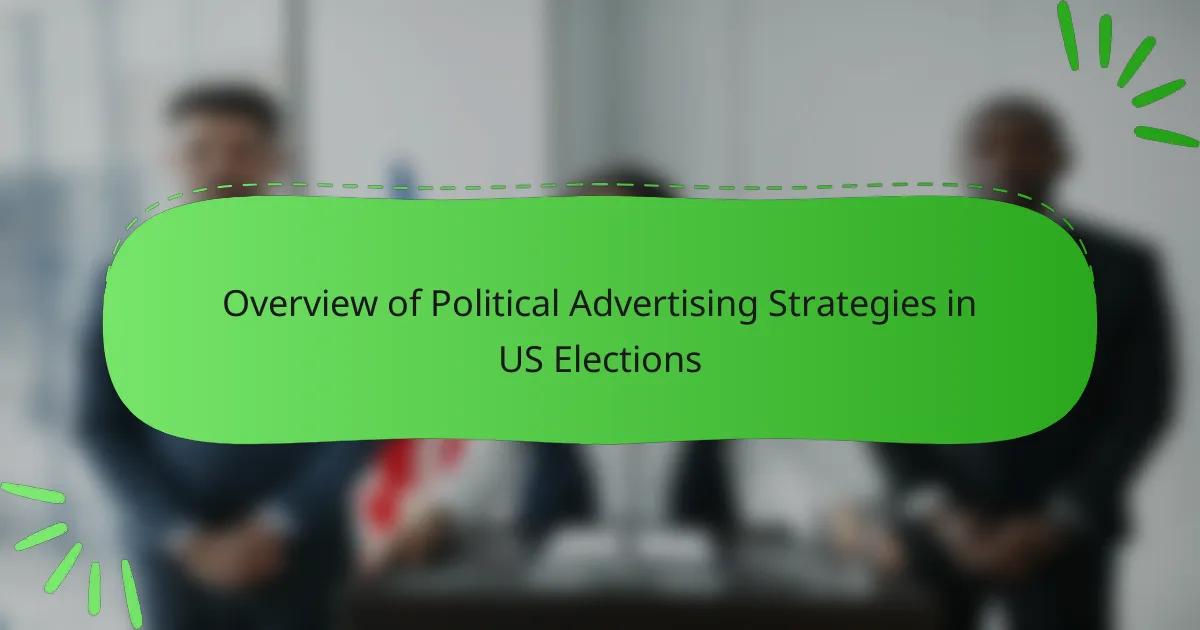
Overview of Political Advertising Strategies in US Elections
Political advertising strategies in US elections encompass targeted messaging, digital advertising, and grassroots mobilization. Targeted messaging aims to connect with specific voter demographics, while digital advertising leverages social media platforms for extensive outreach. Grassroots mobilization focuses on engaging local communities to foster support and enhance voter turnout. Historical evidence indicates that well-executed political ads can […]
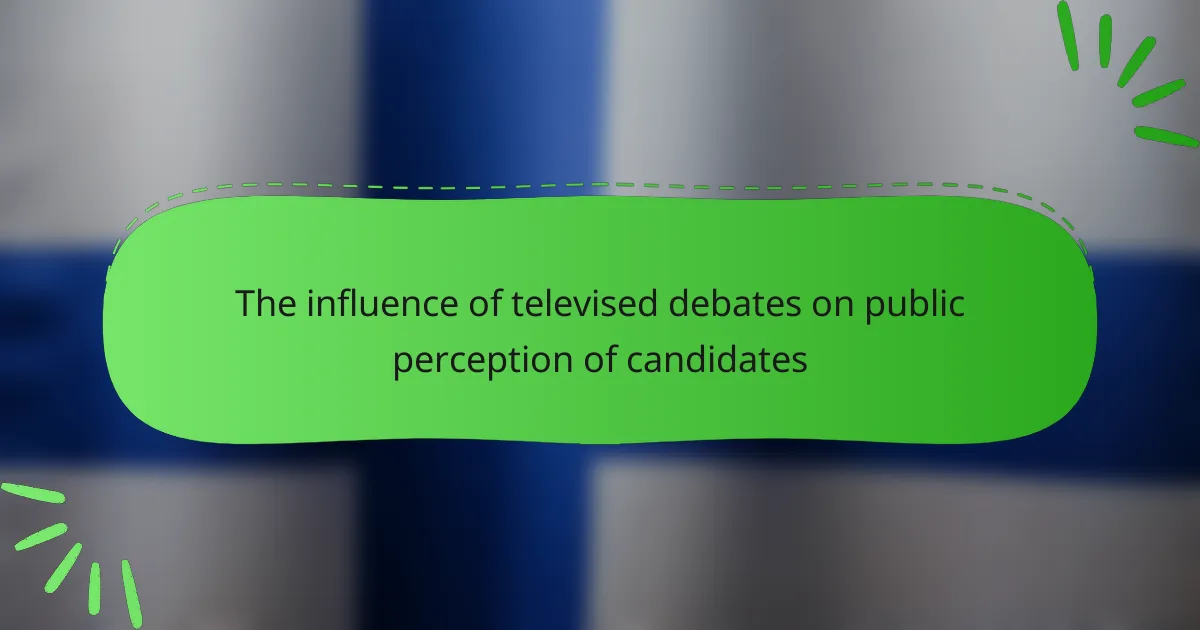
The influence of televised debates on public perception of candidates
Televised debates are a significant factor in shaping public perception of political candidates. These events allow candidates to showcase their policies and personalities, influencing viewer opinions based on their debate performances. Research indicates that memorable moments during debates can sway undecided voters, as seen in historical examples like the 1960 Kennedy-Nixon debate, which underscored the […]
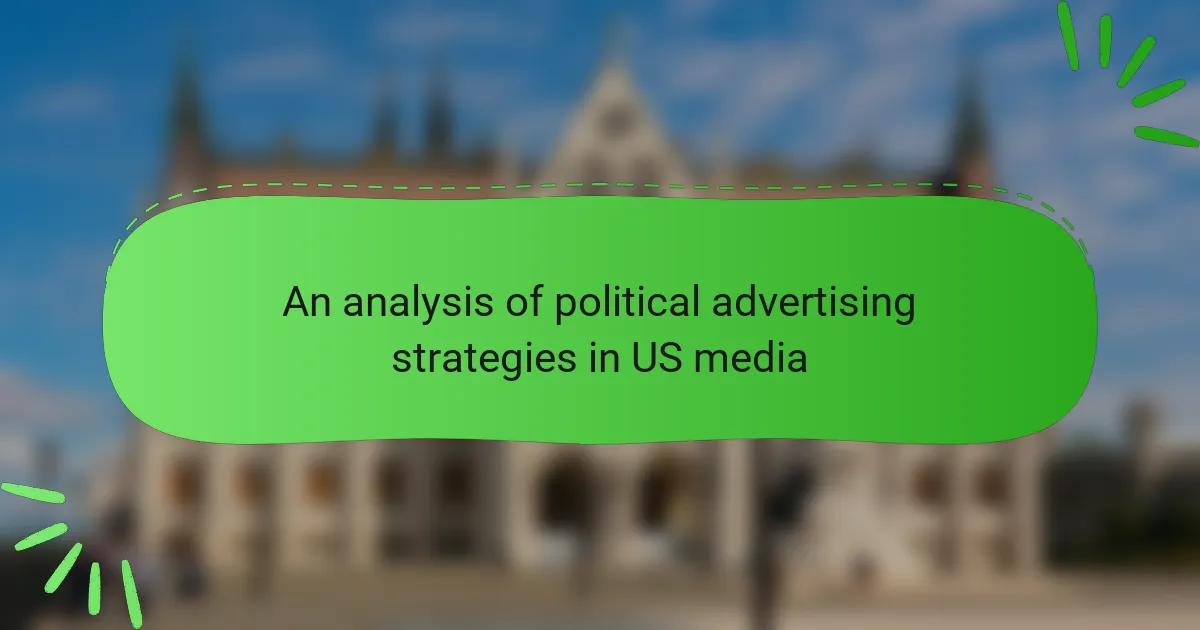
An analysis of political advertising strategies in US media
Political advertising strategies in US media encompass targeted messaging, emotional appeals, and digital advertising, which are essential for effectively reaching and persuading voters. Targeted messaging focuses on specific demographics to enhance relevance, while emotional appeals strive to connect with voters on a personal level. The transition to digital advertising utilizes social media and data-driven strategies […]
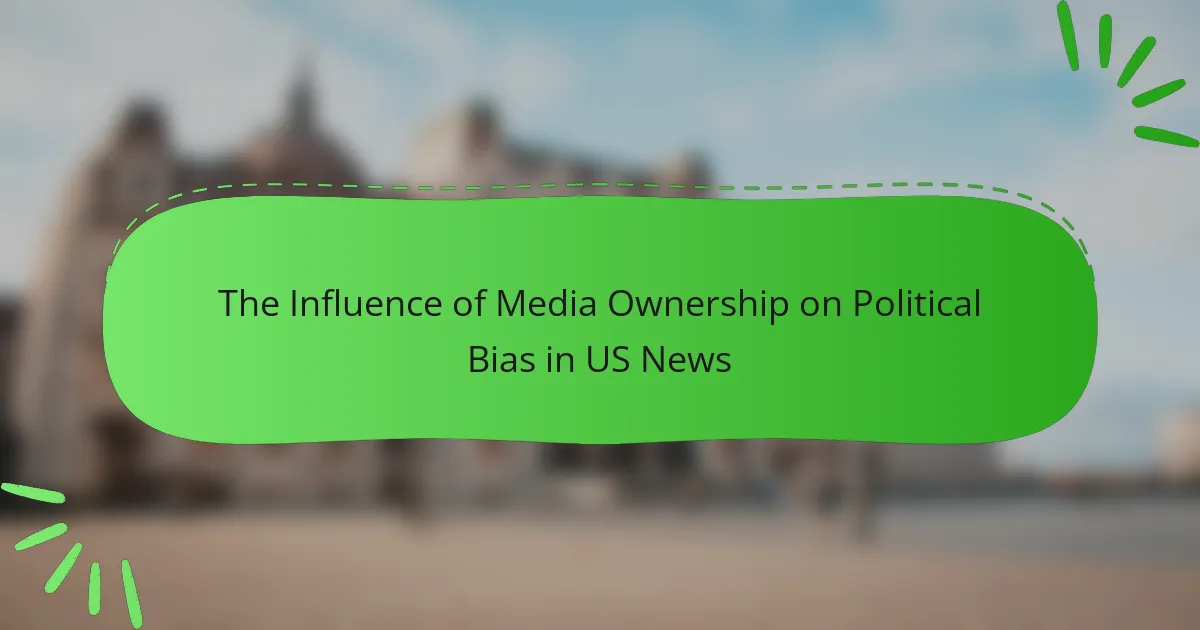
The Influence of Media Ownership on Political Bias in US News
Media ownership is a critical factor influencing political bias in US news. Concentrated ownership among major media conglomerates often results in homogenous viewpoints and selective coverage that aligns with the owners’ interests. Research indicates that news outlets owned by large corporations tend to reflect the political stances of their owners, limiting the diversity of perspectives […]
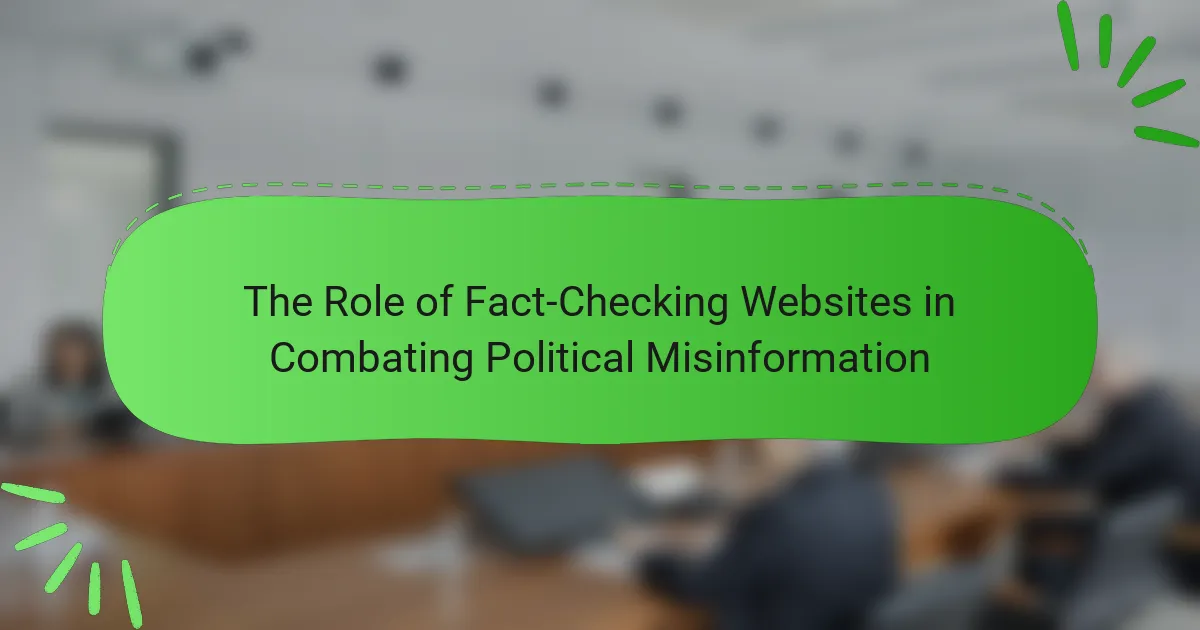
The Role of Fact-Checking Websites in Combating Political Misinformation
Fact-checking websites are essential tools in the fight against political misinformation, as they assess the accuracy of claims made by public figures and media outlets. These platforms provide evidence-based evaluations that help educate the public and hold politicians accountable. Research shows that fact-checking can significantly reduce the dissemination of false information, with a Pew Research […]
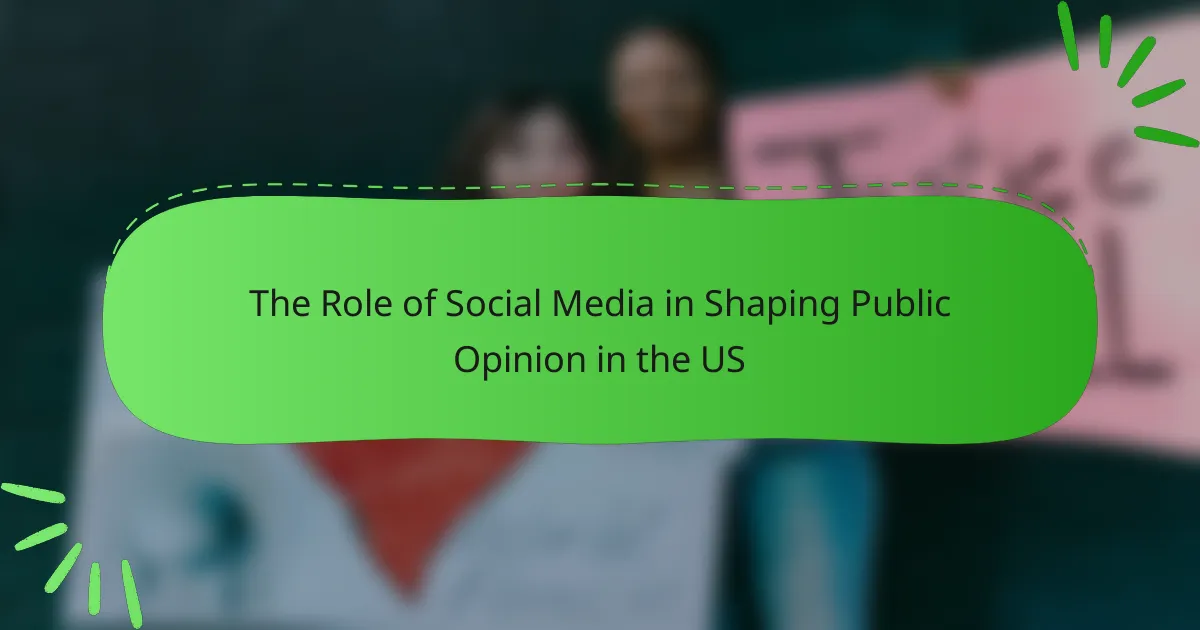
The Role of Social Media in Shaping Public Opinion in the US
Social media is a primary platform for information dissemination in the United States, significantly influencing public opinion and discourse. Research shows that 62% of Americans access news through social media channels, highlighting its role in shaping perceptions. The rapid sharing of content, often driven by algorithms that prioritize sensational or polarizing information, can foster echo […]
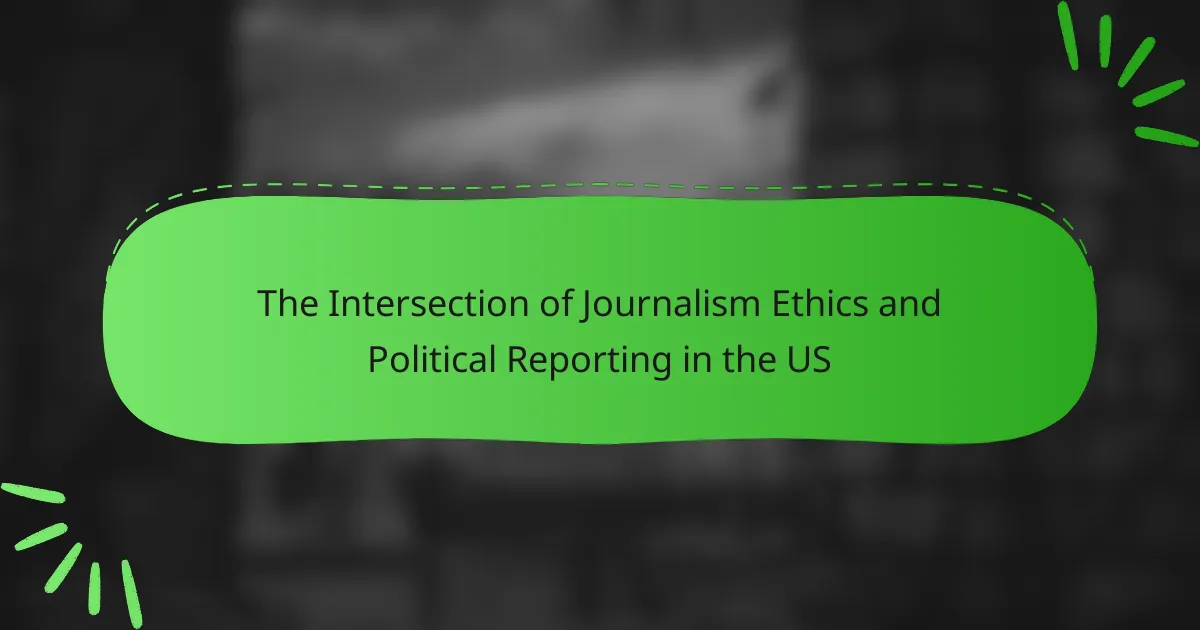
The Intersection of Journalism Ethics and Political Reporting in the US
The article examines the intersection of journalism ethics and political reporting in the United States, focusing on fundamental principles such as truthfulness, accuracy, fairness, and accountability. It highlights the challenges journalists face, including pressure to maintain objectivity, rapid news cycles, limited access to reliable sources, threats to safety, and the prevalence of misinformation. Additionally, the […]
